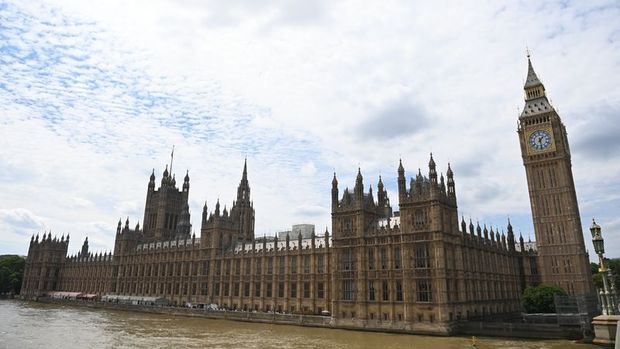Brexit raises UK food bill
It has been calculated that Brexit has caused food inflation in the UK to be 30% higher, adding an additional £7 billion to households’ food bills since December 2019. According to a report by the Centre for Economic Performance at the London School of Economics (LSE), food prices have increased by 25% between December 2019 and March 2023. Food inflation in the UK reached its highest level in 45 years at 19.2% in March, before slowing slightly in April to 19.1%. It has been calculated that if Brexit had not happened, food inflation would have been 30% lower. While food prices were on a similar trend to those in the European Union (EU) before Brexit, the increase in food prices that began after Brexit continued in 2023. The trade barriers that emerged after Brexit have caused an additional £7 billion cost to UK households for food products imported from the EU since December 2019. Food inflation remains high According to data released today in the UK, annual inflation fell less than expected in April to 8.7 percent, while food inflation remained high at 19.1 percent. UK Chancellor of the Exchequer Jeremy Hunt stated that food prices were still rising rapidly, and said, "Food inflation remains alarmingly high."


